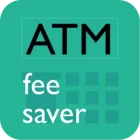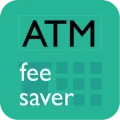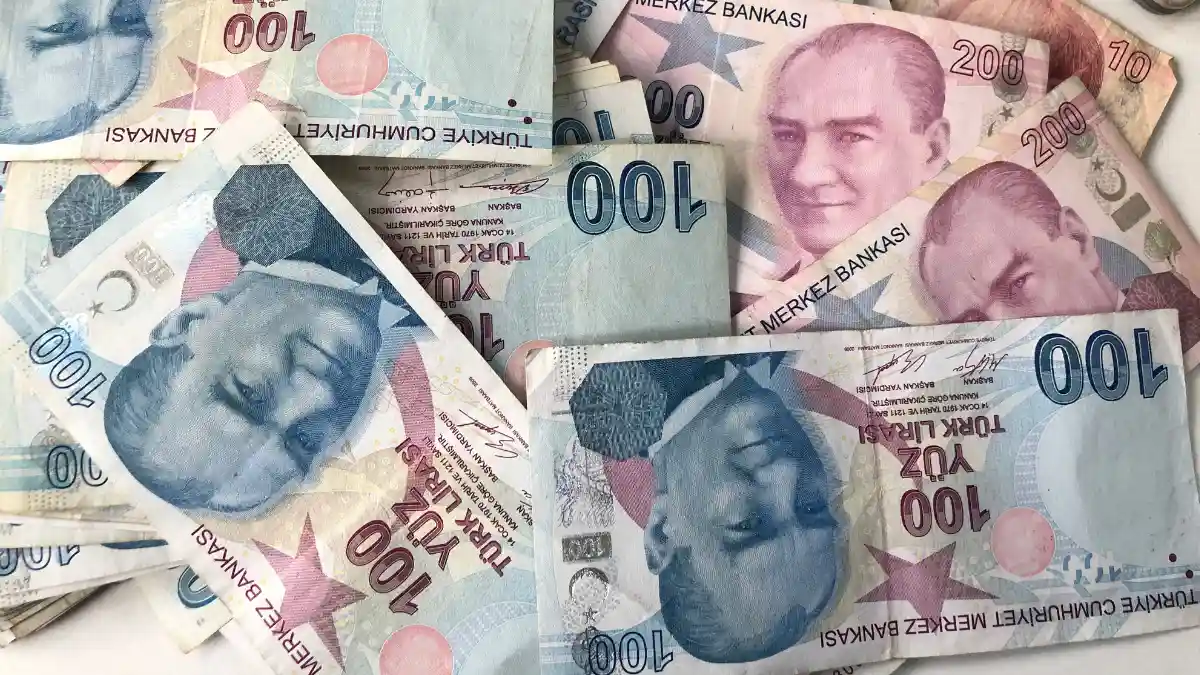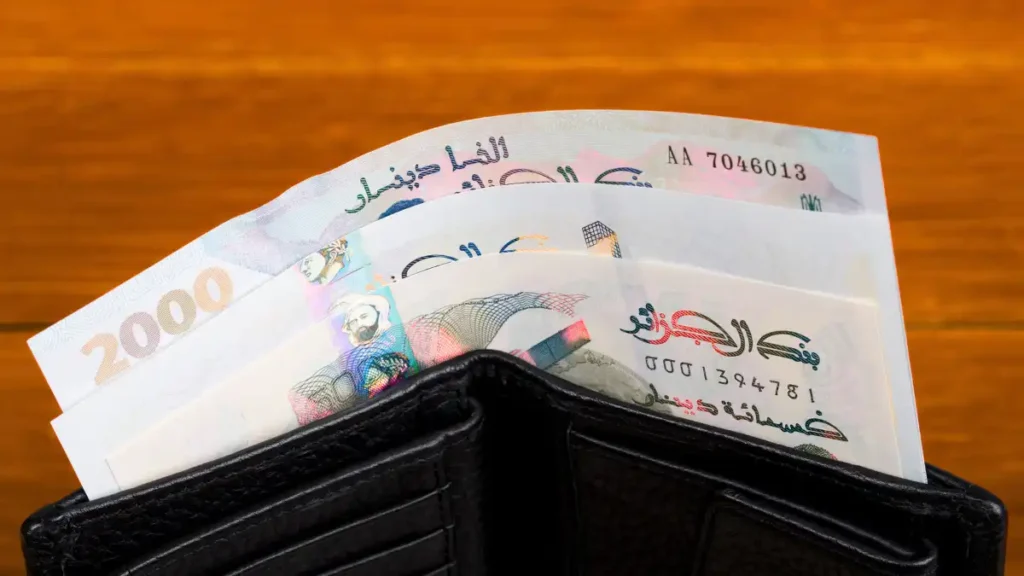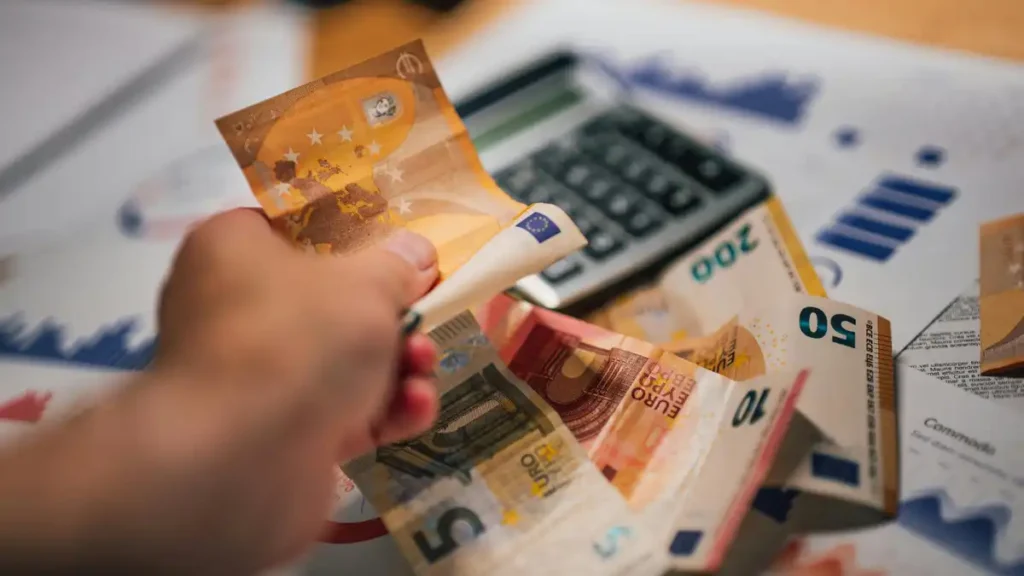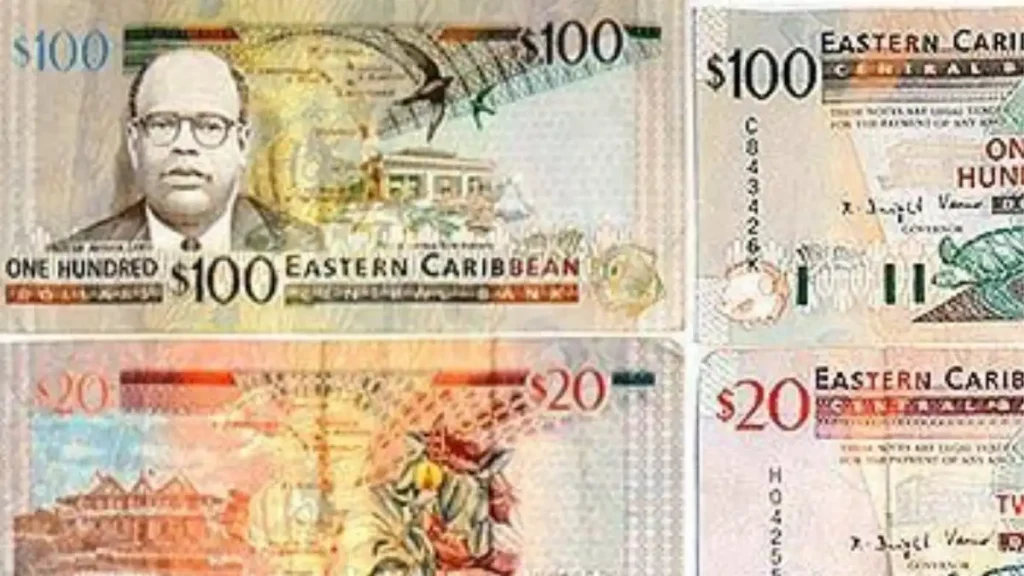Turkey’s rich blend of East and West-from the bazaars of Istanbul to the beaches of Antalya-makes knowing how to use currency in Turkey essential. You’ll need money in Turkey for everything from museum tickets to market shopping, and while cards are accepted in most tourist areas, cash is still important in many daily situations. This guide explains what currency to bring, how to get Turkish Lira (TRY), where to exchange or withdraw money, safety tips, and key dos and don’ts-helping you make the most of your Turkish adventure.
How to pay in Turkey – cash or card?
More and more people are using cards, but cash is preferred. (50-60%). Foreigners use a mix of cash and cards.
You can use cash for:
- Budget hotels
- Hostels
- Local tour operators
- Shopping at street markets (bazaars, weekly village markets)
- Tips and gratuities (especially in local restaurants and taxis)
- Entry fees to mosques, ruins, and local museums
- Local buses (especially dolmuşes and minibuses)
- Local taxis (some accept card in cities, but many prefer cash)
- Local trains
- Airport transport (Havabus, metro, taxis)
- Street food (simit, dürüm, etc.)
- Small eateries / restaurants
- Sit-down restaurants (smaller or local ones)
- Small purchases
- Local expenses at grocery stores, bakeries
- Laundry services
- Mobile SIM and phone top-up
- Tailoring services (especially in towns like Izmir or Gaziantep)
- Nightlife / bars (in local bars and pubs, cash preferred)
You can use card for:
- 4 and 5 star hotels
- Hostels (especially in Istanbul)
- Large tour operators
- Shopping at malls (Istanbul, Ankara, Antalya)
- Entry fees to major attractions (e.g. Hagia Sophia, Pamukkale)
- Local taxis / app-based taxis (BiTaksi, Uber – limited cities)
- Airport transport (Istanbul Havalimanı metro, shuttle buses)
- Upscale restaurants
- Online bookings for upscale hotels, flights, tours
- Spas (hammams in hotels)
- Vehicle renting
- Emergency medical clinics / pharmacies
Cash is very commonly used in Turkey, especially for local services, food, and transport. Always carry some Turkish Lira even if you rely mostly on cards.
What’s the best currency to take to Turkey?
Turkish Lira (TRY or ₺) is the main currency used in Turkey. ₺5, 10, 20, 50, 100, and 200 are the denominations.
Some tourists say they can usually use Euros, but not always possible. There are resorts, hotels, and shops in the area that list costs in US dollars. But the exchange rate will be bad if you pay in US Dollar instead of Lira.
So, Turkish Lira is the best currency to take to Turkey.
Where to get the local currency in Turkey?
In Turkey, you can get the local currency in 3 ways. These are:
ATMs, or
Currency exchange
Money transfer and local pick-up
Types of cards to swipe in Turkey
Visa and Mastercard transactions are commonly accepted for swiping. You might also find some places that accept Amex and other cards, albeit less frequently.
Types of cards at ATMs in Turkey
When withdrawing money in Turkey, majority of the ATMs will accept Visa, Mastercard, Cirrus, Plus, Maestro cards. Some of them may Amex, JCB and UnionPay cards. Cards such as Diners, Discover and Rupay will are not usually accepted by many ATMs.
Should I exchange money before travelling to Turkey?
Bringing a small amount of Turkish Lira (TRY) before travelling is helpful for immediate needs like public transport, tips, or snacks. However, TRY is not widely available outside Turkey, and exchange rates are usually less favorable abroad.
ATMs are widely available in cities, airports, and tourist areas. Most accept Visa, Mastercard, Cirrus, Plus, and Maestro cards. They’re a reliable way to get local currency, though foreign transaction fees and local ATM charges may apply-check with your bank beforehand.
Currency exchange is easy in Turkey. Airport counters are convenient but have lower rates. For better rates, visit exchange offices (Döviz Bürosu) in the city or commercial areas like Istanbul’s Grand Bazaar, Istiklal Street, or major shopping malls. Banks also offer exchange services, although they may require ID.
USD, EUR, and GBP are widely accepted for exchange. Avoid torn or worn notes. While cards are accepted in many restaurants, hotels, and shops, cash is essential for bazaars, local buses, and small eateries. Carrying both cash and cards is recommended.
Where to withdraw money in Turkey
The best ATMs for foreigners to use in Turkey are those owned by popular banks such as:
PTT,
ING,
Halkbank,
HSBC, and
Kuveyt Turk.
There are also other banks with ATMs that take debit and cards from other countries like Akbank YapiKredi, TEB, QNB, albeit with a fee.
For a detailed guide, read Cash and ATMs in Turkey.
Discover fee-free and low-fee ATMs on the ATM Fee Saver mobile app for iOS and Android. This app provides ATM PINs and details of leading bank ATMs such as ATM fees and withdrawal limits for foreign cardholders at ATMs in Turkey. Moreover, its simple fee calculator helps you determine exact withdrawal charges. You can also find cash tips and tricks on the app for 160+ countries including Turkey.
Download now from the App Store or Play Store.
Where to exchange currency in Turkey
In Turkey, you can exchange currency at authorised currency exchanges, banks, airports, and hotels, the most popular being authorised currency exchanges.
In Turkey, currency exchange offices are called “döviz bürosu” and are widespread, especially in Istanbul, Ankara, Antalya, and other tourist hubs. These offer some of the best rates and are preferable to airports and hotels.
Top areas for currency exchange include:
Istanbul:
Grand Bazaar (Kapalıçarşı) – numerous exchange offices inside and around.
Istiklal Street and Taksim Square
Sirkeci and Sultanahmet areas
Antalya and Izmir: found in tourist markets and central shopping areas.
- Notable currency exchanges are:
Altınbaş Döviz
Dövizci.com
Uğur Döviz
These offices clearly display buy/sell rates outside, and competition keeps rates favorable. Avoid exchanging on the street or with unlicensed vendors.
- Banks Offering Currency Exchange:
Ziraat Bankası
Garanti BBVA
İşbank
Akbank
Banks provide exchange services but with more formalities and possibly lower rates compared to dedicated exchange offices.
💡 Tip: USD, EUR, and GBP are widely accepted. Fresh, high-denomination notes often fetch better rates. Try to avoid airport counters unless urgently needed.
Pro-tips:
Do not change money at airports – High Fees, Low Rates.
Avoid trading on the black market – Fake notes and high fees are a thing.
Do not forget to bring new notes. Notes that are damaged or dirty will get you lower rates or higher fees.
Is carrying money in Turkey safe?
It is safe to take a reasonable amount of cash with you in Turkey. And had to be, if you want to travel and spend. Use these tips when you do so:
Some safety tips for carrying cash while travelling in Turkey are:
- Carry only the cash you need.
- Do not keep all the cash in one pocket or wallet.
- Put some cash in a safety belt or fanny pack.
- Do not flash your cash.
- When paying, do not remove or display your entire cash.
- Keep wallets preferably in front pockets.
- Cross-wear your purses if possible.
- Hold your purses, wallets and bags close and tight on crowded streets and in public trains and buses.
- When withdrawing cash, keep the cash low while you count it so people around don’t see it.
- If you’re dining alone, don’t leave your wallet / bag unattented while you go to the restroom.
- If sitting outdoors in a restaurant, don’t leave your wallets / bags on the table.
Is it better to use debit or credit cards or pay by cash in Turkey
Use a card if it is fee-free i.e. your bank does not charge any fees to swipe the card, when the merchant / POS also does not impose any extra charge to use a card, you need to use the insurance of the card, don’t want to block cash of large purchases and card’s swipe fees are lower than withdrawal fees.
Pay by cash by withdrawing cash from ATM or exchanging currency where – fees on ATM withdrawals are lesser than fees on swiping cards, you don’t want to leave any digital footprint of your expenses, it is convenient and easier to conduct transactions.
